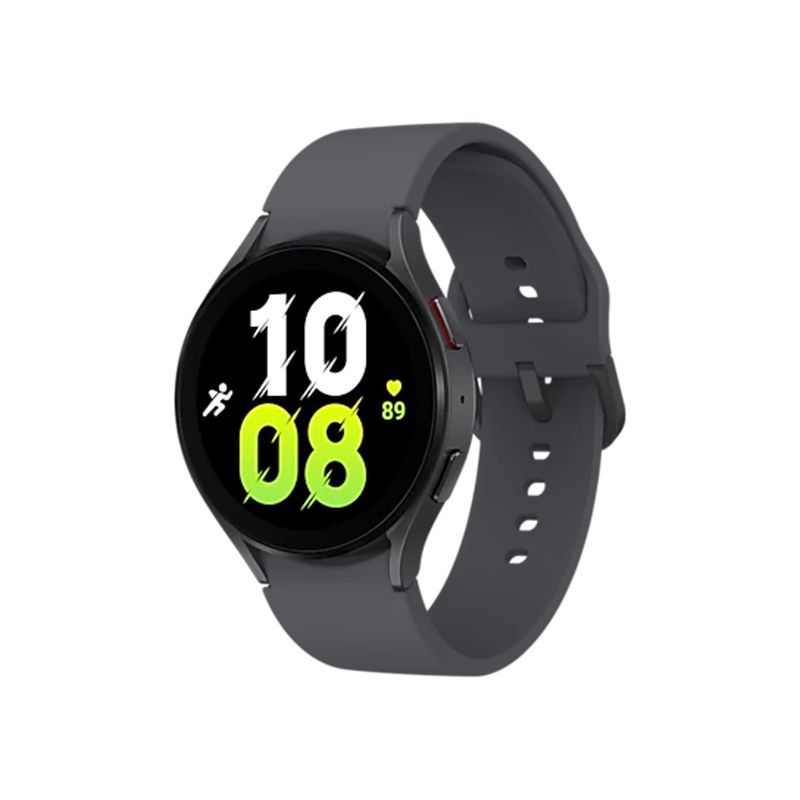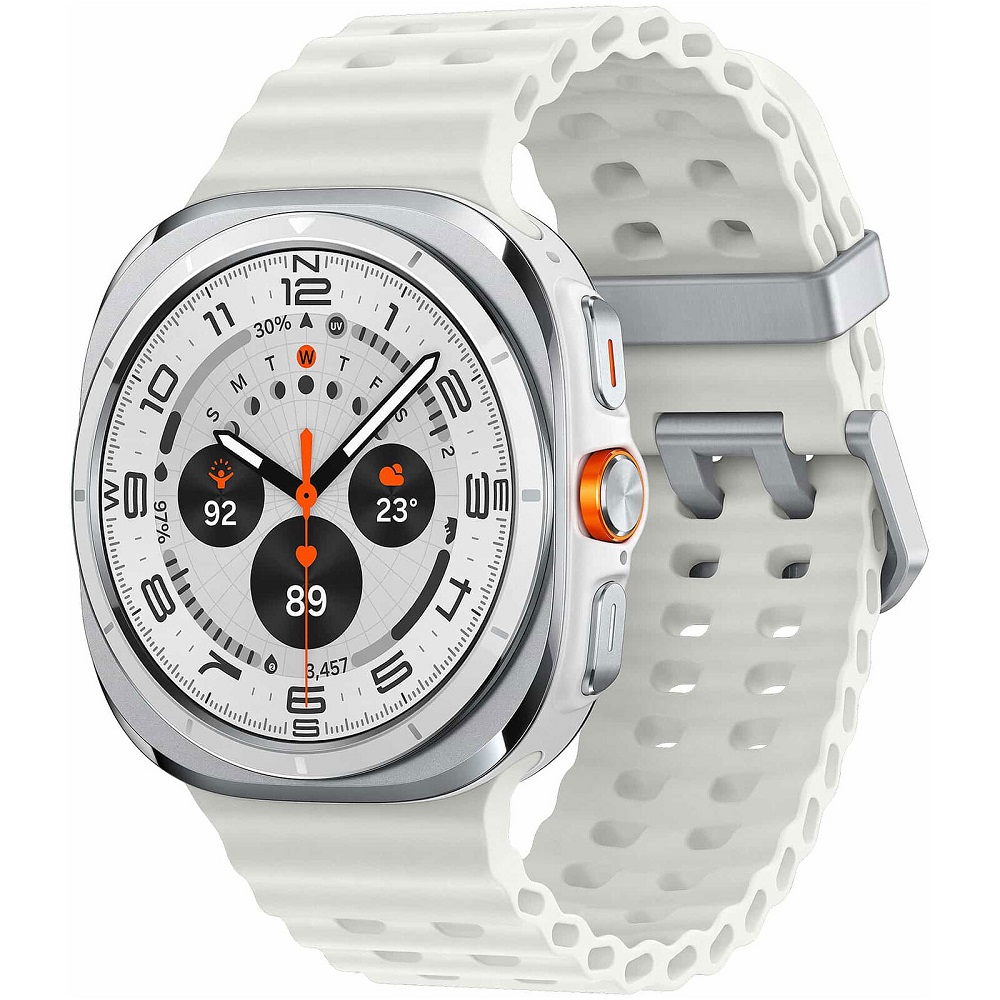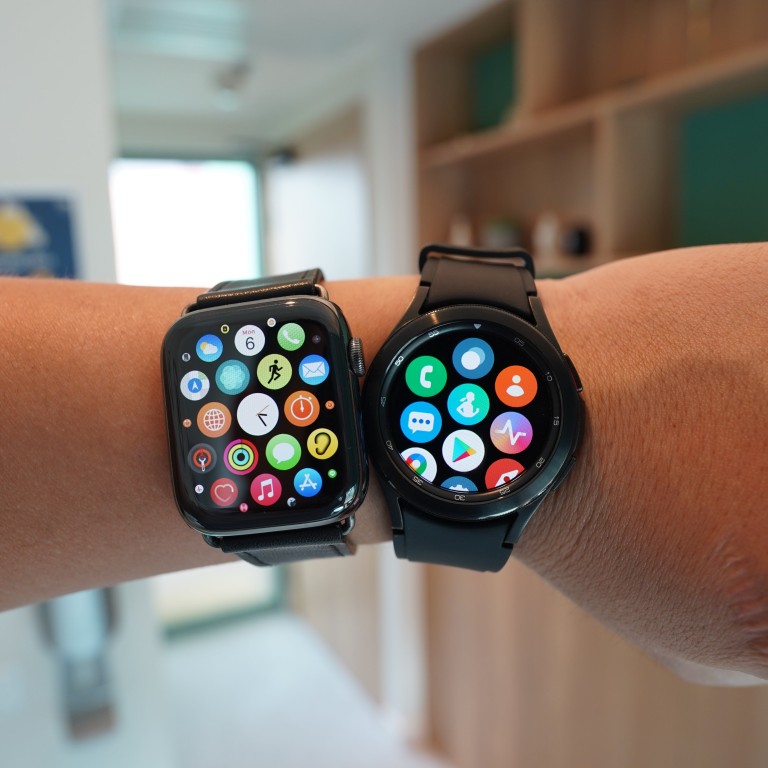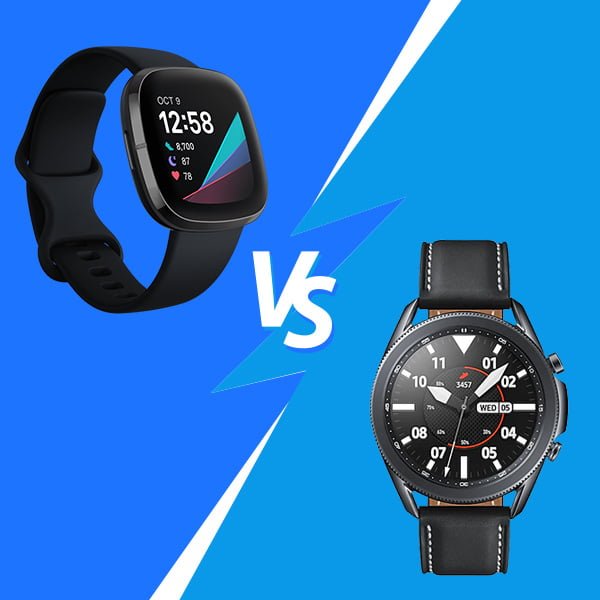Galaxy Watch vs. Fitbit: Which Smartwatch Is Right for You?
Choosing a smartwatch can be overwhelming, especially with so many options on the market. Two of the most popular brands are Samsung’s Galaxy Watch vs Fitbit. Both offer impressive features tailored to health, fitness, and notifications, but they cater to different needs and preferences. This guide will help you explore the pros and cons of each to determine which smartwatch is the best choice for you.
Overview of Features
Galaxy Watch: A Multifunctional Powerhouse
The Galaxy Watch offers a robust array of features, making it ideal for those who desire more than just fitness tracking. It runs on Samsung’s Tizen operating system, allowing access to numerous apps from the Galaxy Store. With integrated GPS, heart rate monitoring, and a wide array of health apps, the Galaxy Watch caters to fitness enthusiasts and casual users alike. Moreover, its ability to connect smoothly with Samsung smartphones significantly enhances functionality, enabling features like answering calls and reading messages directly from your wrist.
Fitbit: Health and Fitness Specialist
Fitbit is synonymous with fitness tracking. Its smartwatch lineup focuses heavily on health data, sleep tracking, and activity monitoring. Features such as SpO2 measurement, stress management tools, and advanced sleep tracking contribute to a comprehensive health overview. Fitbit also offers an intuitive app that provides personalized insights based on your metrics. If your primary goal is health and fitness, a Fitbit device can offer valuable insight and motivation.

Design and Usability
Galaxy Watch: Style Meets Function
When it comes to design, the Galaxy Watch boasts a sleek, modern aesthetic that resembles traditional watches. Available in various sizes and styles, including sporty and elegant options, it caters to diverse tastes. The Super AMOLED display delivers vibrant visuals and easy readability in different lighting conditions, making it user-friendly. Plus, the rotating bezel adds an interactive element to navigation, allowing you to scroll seamlessly through apps and notifications.
Fitbit: Simple and Practical
Fitbit watches typically feature a more minimalist design focused on practicality rather than luxury aesthetics. Most models have a rectangular shape with a simple touchscreen display. While they may not offer the same range of styles as the Galaxy Watch, they are lightweight and comfortable for daily wear, especially during workouts. The button-based navigation is straightforward, contributing to an overall user-friendly experience.
Health and Fitness Tracking
Galaxy Watch: Comprehensive Monitoring
The Galaxy Watch offers a wide range of health and fitness tracking options. With its built-in heart rate monitor, ECG capabilities, and blood oxygen level monitoring, you can get a detailed view of your health metrics. The watch supports various workout modes, including running, swimming, and cycling, allowing you to track specific activities accurately. Additionally, the combination of fitness tracking and smartwatch features makes it a versatile tool for both health enthusiasts and tech-savvy users.
Fitbit: Focused on Wellness
Fitbit stands out for its commitment to health metrics. Its continuous heart rate monitoring, sleep tracking, and exercise analysis provide a holistic view of your health. With special features like guided breathing exercises and mindfulness reminders, Fitbit users can focus on both physical and mental well-being. If you’re looking specifically for a device that prioritizes health over other functions, a Fitbit can offer deeper insights and motivating features tailored to your fitness journey.

Battery Life and Charging
Galaxy Watch: Power Performance
Battery life is an essential consideration for any smartwatch. The Galaxy Watch typically offers up to 40 hours of usage, depending on settings and features used. While this is respectable, users who activate GPS and continuous heart rate monitoring may experience shorter battery life. The watch charges relatively quickly, usually taking about two hours to reach full power. This means you can charge it overnight and be ready to go the next day without much hassle.
Fitbit: Lasting Longevity
Fitbit has gained a reputation for excellent battery performance, regularly exceeding others in the market. Depending on the model, batteries can last anywhere from five days to two weeks on a single charge. This longevity is particularly appealing for those who prefer not to charge their device daily. Even with features like heart rate monitoring and notifications enabled, a Fitbit typically delivers impressive battery longevity. You can focus on your workouts and daily activities without worrying about constant recharging.
Software and App Ecosystem
Galaxy Watch: Versatile App Options
The Galaxy Watch operates on Tizen, allowing for a wide range of apps and customization. You can download fitness apps, music streaming services, and other utilities that enhance the smartwatch experience. Samsung Health provides a holistic view of your metrics, from workouts to sleep patterns, making it easy to track improvements over time. However, compared to Wear OS or Apple’s watchOS, the Tizen ecosystem does have limitations in third-party app availability.
Fitbit: User-Friendly App Experience
Fitbit excels with its highly regarded app ecosystem, which integrates seamlessly with its devices. The app provides detailed insights into your fitness and health metrics, making tracking progress intuitive. Fitbit’s community features encourage social interaction and challenges, which can be motivating for users. The simplicity of its interface makes it easy to navigate, ensuring that you won’t feel overwhelmed as you analyze your data. Moreover, Fitbit’s app integration often allows compatibility with various third-party applications, expanding its functionality.

Compatibility with Devices
Galaxy Watch: Samsung-Centric but Versatile
The Galaxy Watch is primarily designed for Samsung smartphones, offering the best integration with their applications and features. However, it also works with other Android devices, albeit with some limitations. Users of iOS devices can enjoy basic functionalities, but advanced features are less accessible. If you own a Samsung phone, the Galaxy Watch becomes an extension of your device, providing a seamless user experience.
Fitbit: Broad Compatibility
Fitbit smartwatches provide greater compatibility across multiple platforms. Whether you’re using an iPhone or an Android device, a Fitbit will synchronize with ease. This flexibility attracts a broader audience who may not want to be tied to a specific brand. You can receive notifications, track workouts, and manage app settings regardless of your smartphone brand, making a Fitbit a versatile choice for many users.
Price and Value
Galaxy Watch: Premium Investment
The Galaxy Watch typically comes with a higher price tag compared to its Fitbit counterparts. With advanced capabilities, premium materials, and a wide range of features, the investment can be justified for those seeking a multifunctional smartwatch. However, the decision should align with your specific needs—if you are looking for a device focused primarily on fitness, consider whether the additional smartwatch features warrant the cost.
Fitbit: Affordable Options
Fitbit offers a variety of models at different price points, making it accessible for users on various budgets. From basic trackers to more advanced smartwatches with extensive health features, there’s a Fitbit to match most financial constraints. This affordability doesn’t compromise quality, as many users find Fitbit devices reliable and effective for their fitness goals. If you’re looking for a great value product, Fitbit’s range is worth exploring.
Conclusion
Deciding between the Galaxy Watch vs Fitbit ultimately comes down to your individual lifestyle needs and priorities. If you seek a versatile smartwatch with a broad range of capabilities, the Galaxy Watch is an excellent choice. It excels in integrating with smartphones, offering advanced features that appeal to tech enthusiasts and people who want an all-in-one device. On the other hand, if your primary goal is fitness and health monitoring, Fitbit provides a specialized experience designed around wellness with numerous tracking features to support your health journey.
Understanding the differences in design, functionality, compatibility, and price can help you make an informed decision. Whichever you choose, both the Galaxy Watch and Fitbit offer unique advantages that can complement your lifestyle, enhancing your health and productivity. Consider your requirements carefully, and you’ll find the smartwatch that feels just right for you.
